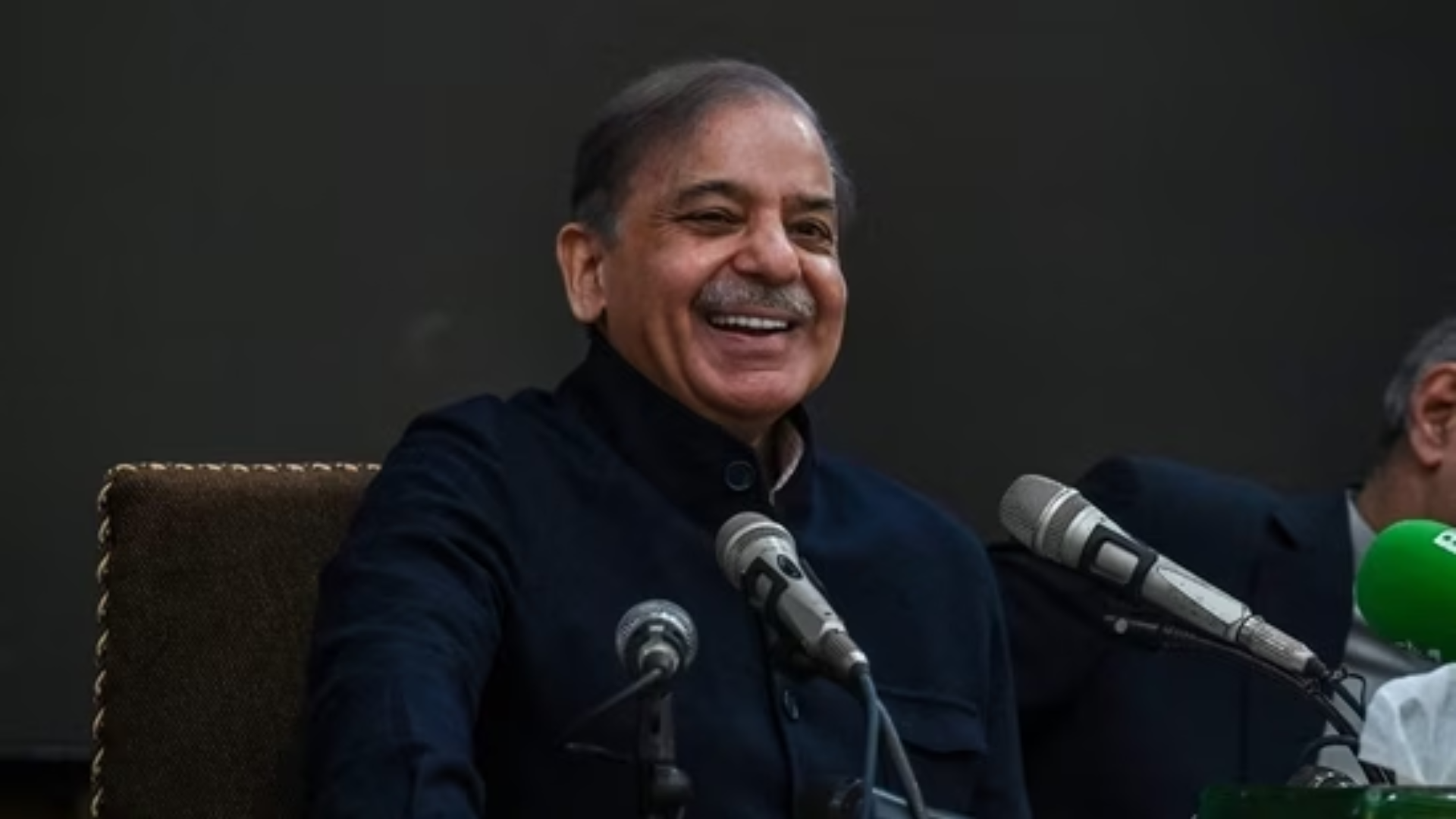PML-N candidate Shehbaz Sharif is making a return for the second time as the prime minister of Pakistan. This announcement comes after a month of long wait and Tumultuous polls. Pakistan went to the polls on February 8, the polls were marred by violence, internet shutdown, and arrests. Sharif was in power until August. Later, parliament was dissolved ahead of the general elections.
The return of Shehbaz Sharif as Pakistan’s prime minister for a second term holds significant implications for the country’s political landscape and economic trajectory.
Shehbaz Sharif’s ability to hold together a disparate coalition after Imran Khan’s ousting demonstrates his political acumen and capacity for consensus-building. This skill is crucial for navigating Pakistan’s complex political landscape, where coalition governments are common.
The alignment of PML-N, particularly under Shehbaz Sharif’s leadership, with the powerful military indicates a pragmatic approach to governance and a willingness to prioritize stability and cooperation over ideological differences. This strategic alignment likely played a role in securing support for his premiership.
Shehbaz Sharif’s success in securing an IMF bailout reflects his government’s commitment to addressing Pakistan’s economic challenges. This achievement highlights his diplomatic efforts and capacity for crisis management in securing external financial assistance.
Despite the IMF bailout, Pakistan continues to grapple with high inflation and economic instability. Shehbaz Sharif’s acknowledgment of these challenges and his attribution of economic woes to structural reforms mandated by the IMF underscores the complexities of implementing austerity measures and their impact on ordinary citizens.
The continuation of economic policies, including austerity measures and subsidy reforms, from the previous government under Imran Khan to Shehbaz Sharif’s administration suggests a degree of policy continuity in addressing Pakistan’s economic challenges. However, the efficacy of these policies in achieving long-term economic stability remains a subject of debate.
Shehbaz Sharif’s role as a peacemaker within the coalition underscores his pragmatic approach to governance and his ability to navigate diverse political interests. This skill is crucial for maintaining stability and consensus in a coalition government characterized by competing agendas.
Shehbaz Sharif’s previous experience as chief minister of Punjab provides him with a strong administrative background, which is essential for effective governance at the federal level. His focus on administrative efficiency and service delivery may have influenced his leadership style as prime minister.
Shehbaz Sharif’s government faces criticism for economic challenges, including high inflation and currency depreciation. While he attributes these issues to the previous government’s policies, he will likely face scrutiny and accountability for his administration’s management of Pakistan’s economy.
Shehbaz Sharif’s return as Pakistan’s prime minister represents a significant development in the country’s political landscape, marked by coalition politics, economic challenges, and governance priorities. His leadership will be tested in addressing Pakistan’s economic woes, managing political dynamics, and fostering stability in a region characterized by volatility and uncertainty. The success of his administration will hinge on his ability to navigate these challenges effectively and deliver tangible improvements in the lives of ordinary Pakistanis.




